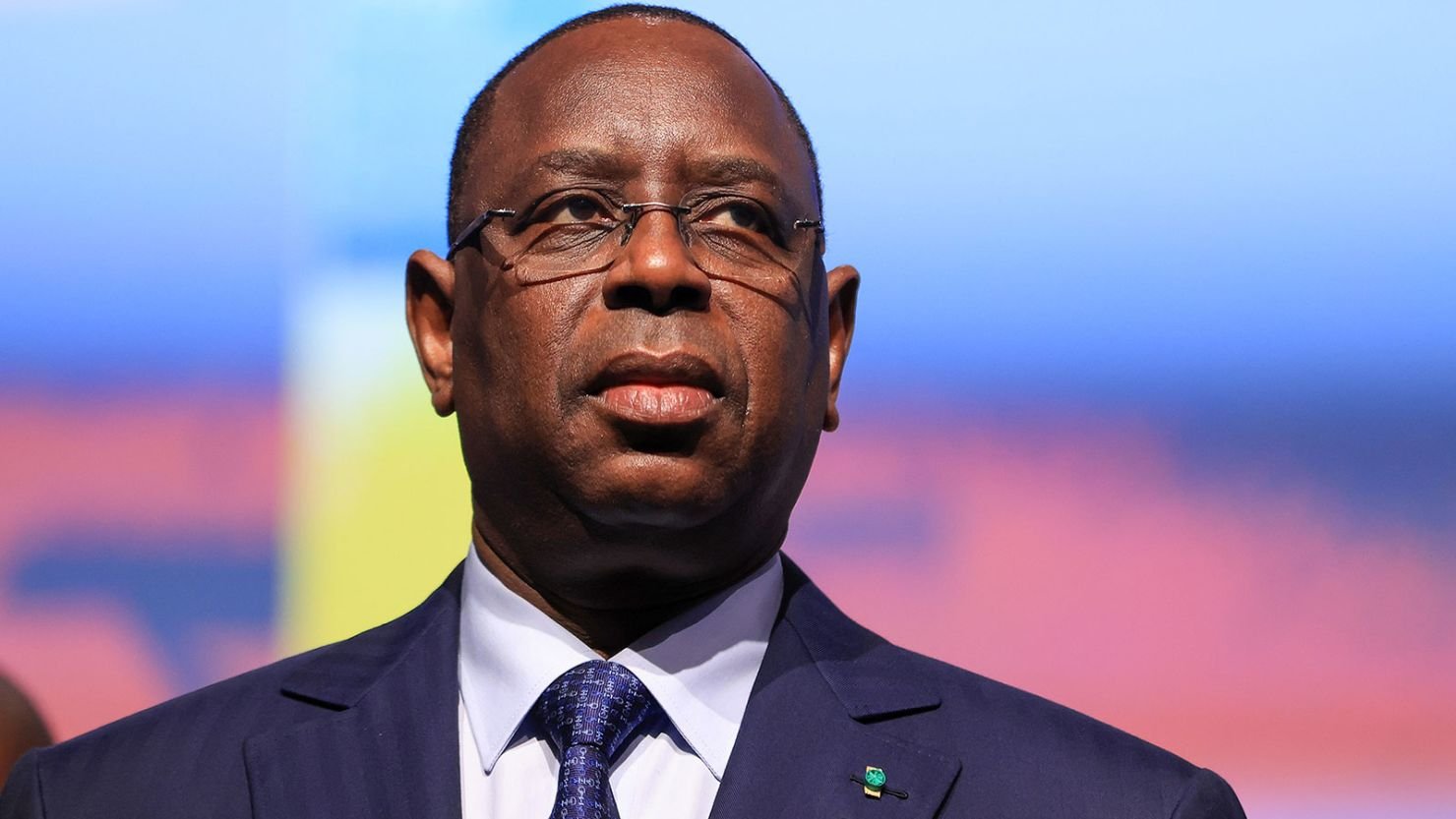Senegal’s Election Campaign Launches Amidst Polling Setbacks
Senegalese presidential candidates have initiated their shortened campaigns on Saturday, following a court’s confirmation that the election will proceed on March 24. This development marks the resolution of weeks of uncertainty and signals the beginning of a competitive race in a nation traditionally known for stable democracy. The political landscape in Senegal had been tense since early February when President Macky Sall’s attempt to postpone the originally scheduled February 25 vote by ten months sparked widespread protests and concerns about democratic backsliding.
Senegal, with a population of 18 million, has historically stood as one of West Africa’s stable democracies. The recent crisis seems to be abating after the Constitutional Council determined that the election must take place before President Sall’s mandate expires on April 2. However, the shortened campaign period, now just over two weeks instead of the usual 21 days, poses a challenge for the 19 candidates. Additionally, for the first time, campaigning will overlap with the holy month of Ramadan, commencing Sunday night, bringing about a need for adjustments in campaign strategies.
Opposition candidate Khalifa Sall, a former mayor of Dakar, highlighted the need for adaptation during Ramadan, traditionally a time of penitence and communion, which contrasts with the festive nature of typical campaign events. The campaign period coincides with the Christian period of Lent as well. Sall, aged 62 and reaching the constitutional term limit of two terms, had delayed the poll due to disputes over candidates and alleged corruption within the Constitutional Council, allegations denied by the council.
Khalifa Sall, unrelated to the president, emphasized the importance of having a confirmed election date and expressed the necessity for flexibility and ingenuity in adapting to the unique circumstances. Launching his campaign at midnight on Friday, Sall pledged to unite the divided nation, reform state institutions to prevent future constitutional crises, and revitalize the economy through initiatives in agriculture, fishing, and the burgeoning oil and gas industry.
The ruling coalition’s candidate, Amadou Ba, and opposition candidate Anta Babacar were slated to commence their campaigns later on Saturday, marking the official start of what promises to be a closely watched and dynamically evolving political contest in Senegal.



















